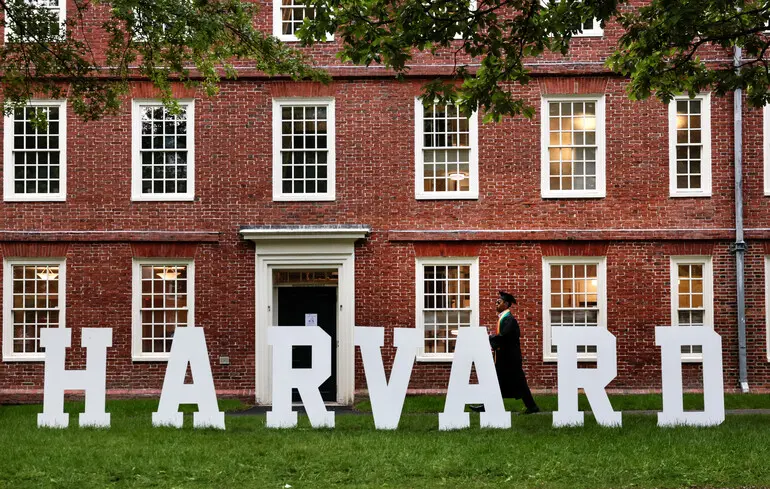Harvard’s Legal Victory Over Trump Administration: The Return of Frozen Billions to the University Funds

Recently, one of the most significant news stories in the educational and political spheres has been Harvard University’s landmark court victory over the administration of former US President Donald Trump.
This is not just a legal win but also a strategic blow to attempts of politically motivated pressure on one of America’s most renowned and powerful higher education institutions.
The federal court in Massachusetts ruled in favor of Harvard, ordering the government to release over 2 billion dollars of federal funding that had previously been frozen amid political disputes between Trump’s administration and Harvard’s leadership.The case arose amid intense conflicts over accusations that the Trump administration was not taking sufficient measures against discrimination and anti-Semitism on campus.
The administration argued that Harvard was not actively combating hate and was failing to protect Jewish students, leading to the decision in 2020 to freeze federal funds.
However, the court dismissed these arguments, ruling that the restrictions were groundless and violated the university’s rights.The White House quickly responded, announcing plans to appeal the decision and suggesting that Harvard was permitting discrimination and not fulfilling its mission to provide a safe educational environment.
White House spokesperson Liz Houston stressed that, in her opinion, Harvard was neglecting instances of injustice and lacked ‘constitutional rights’ to taxpayer funds and federal grants.The conflict has been ongoing for several years and has become a symbol of the struggle between political interference and academic freedom in the US.
Trump accused Harvard of neglecting Jewish students’ interests, while students and alumni expressed concern over potential restrictions on foreign students’ access to the US, raising alarm within academic circles.To counteract the pressure and restore its functionality, Harvard announced a series of internal reforms, including dismissing several senior faculty members and implementing measures to combat anti-Semitism.
Meanwhile, many students and alumni are actively supporting the university through donations that help it strengthen its position during this challenging period.Overall, this story exemplifies how legal battles and active civic engagement can turn adversity into victory.
It also highlights the ongoing fight to preserve university independence and resist political pressure while defending core values and academic standards.

